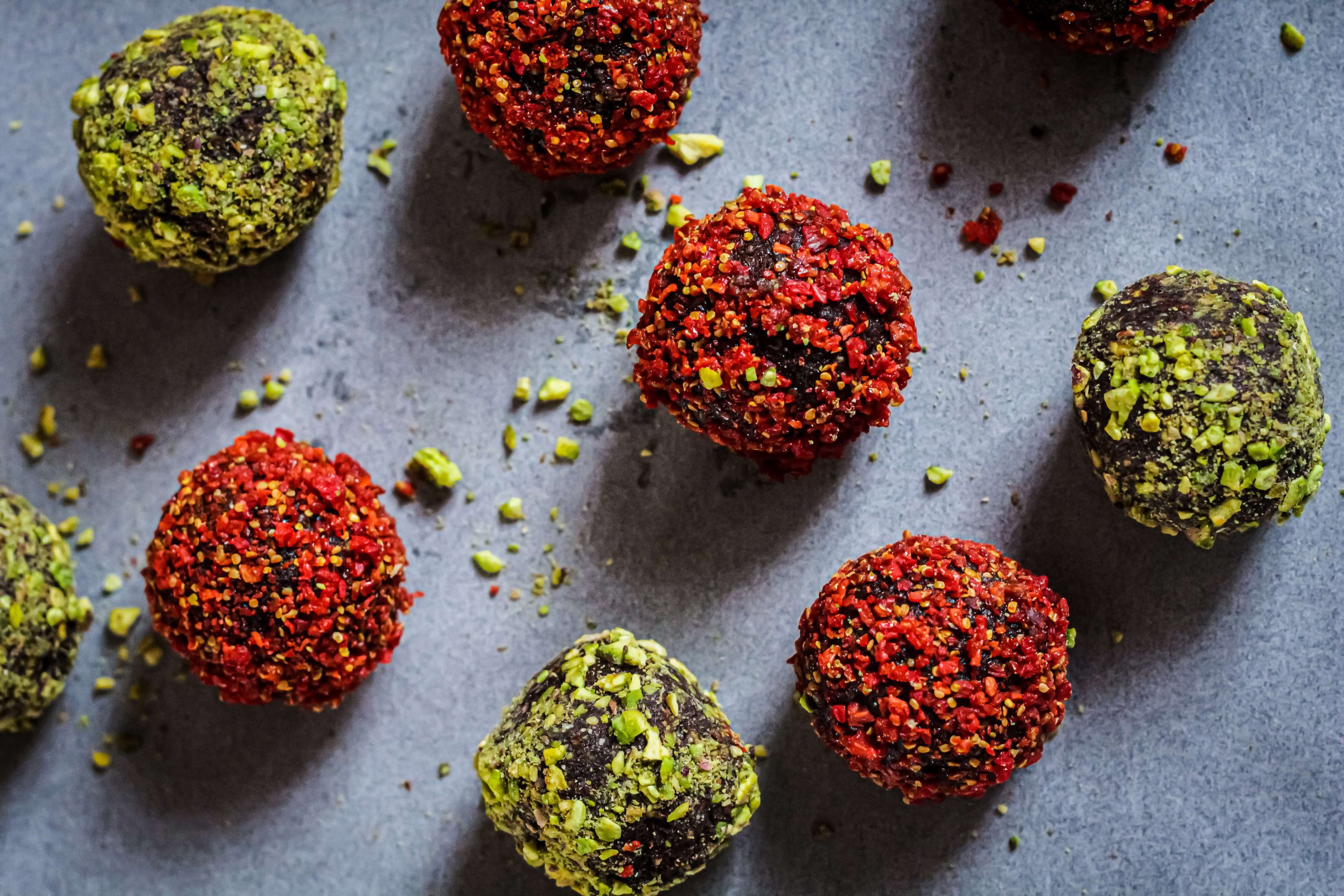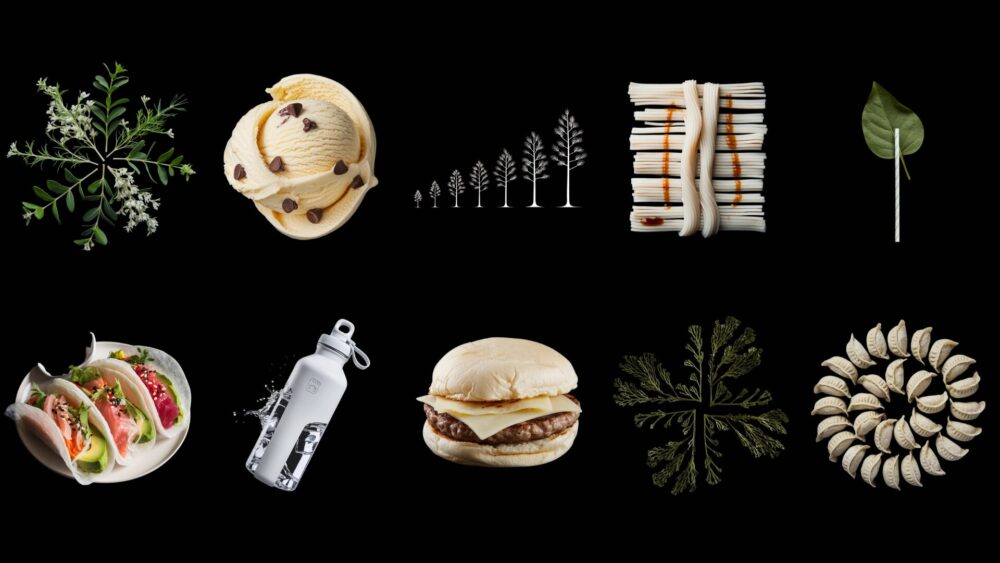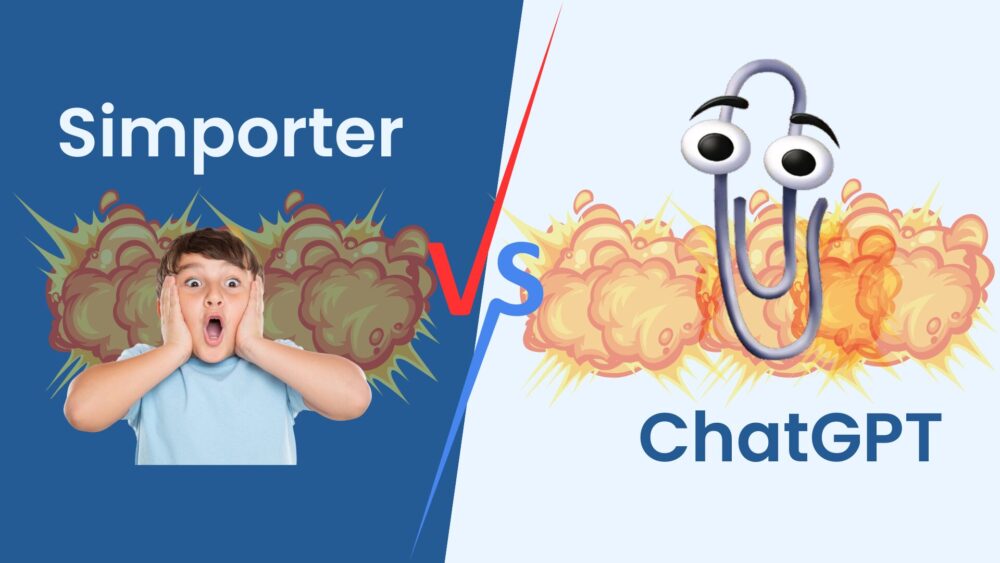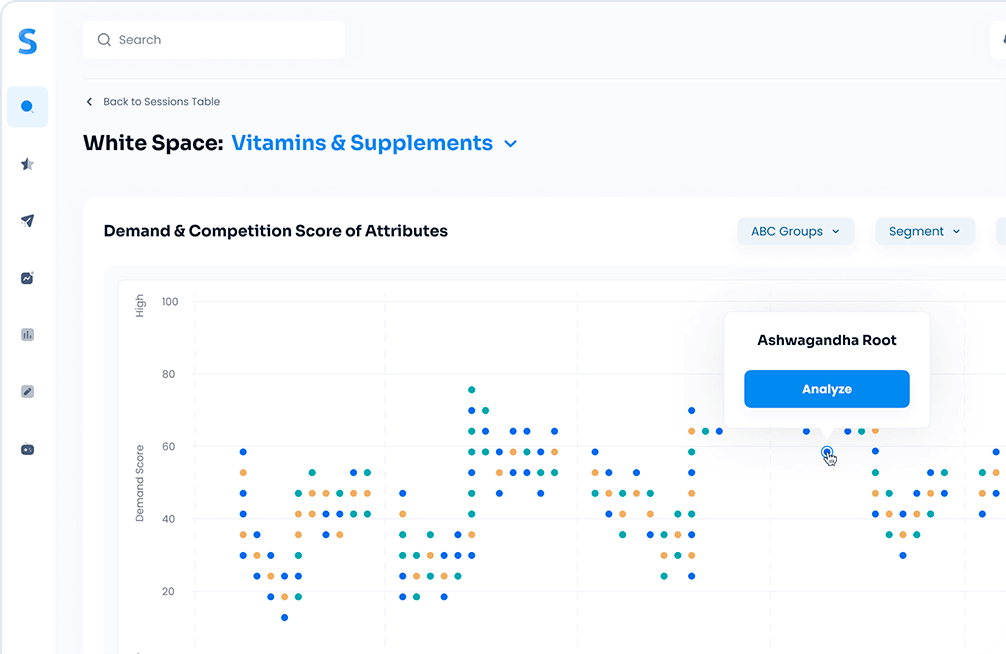What Did He Just Call Me?
Moringa Oleifera. It doesn’t quite roll off the tongue. Moringa is known as “the miracle tree” for its ability to grow in places that other plants would not be able to survive. Unfortunately for this miracle tree, the only miracle Simporter data shows is that it has a decline in consumer interest of around -100 percent compared to one year ago. This makes it number one on the list of the fastest declining ingredients in plant-based protein snacks.
One cup of moringa leaves carries merely 2 grams of protein, so it is used more for its energy benefits to create no bake energy balls, energy bars, and its seeds are often chewed. We are not sure why moringa is plummeting in consumer interest and recommend diving deeper to find out.
Hemp
Hemp seed has also seen a large downward trend of – 51 percent in consumer interest in the plant-based protein snack category. Hemp, a low-THC cannabis plant with a high concentration of CBD, is the same species of plant as marijuana (cannabis) plants. Despite this, hemp does not have intoxicating effects.

A cup of hemp seed contains around 6 grams of protein, which makes it an excellent source of protein for seeds. While the raw seeds are the most common use case of hemp-related snacking, they are also used to make protein bars and chocolate bars.
For more information about the leading forms of plant-based protein foods or opportunities inside high-protein snacks, you can request a demo on our website. If you want to view our May 2021 webinar’s discussion on plant-based protein snacks, you can view the video here.









